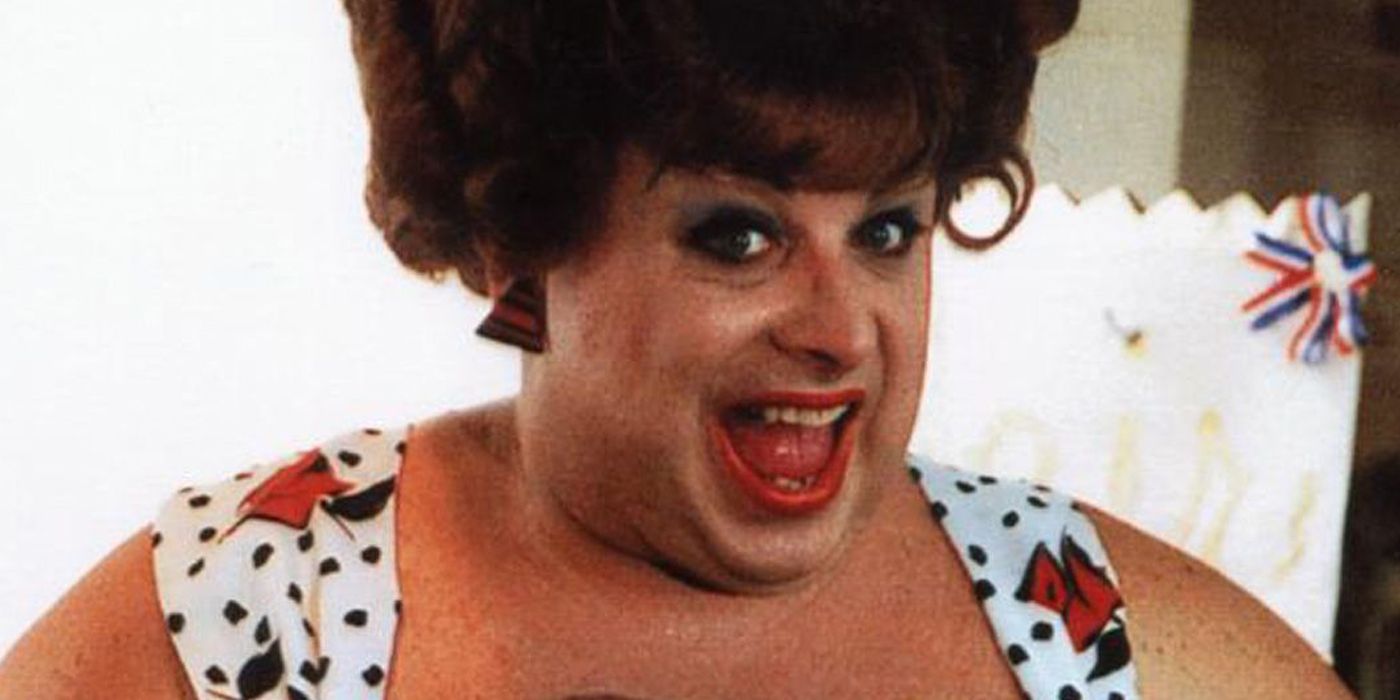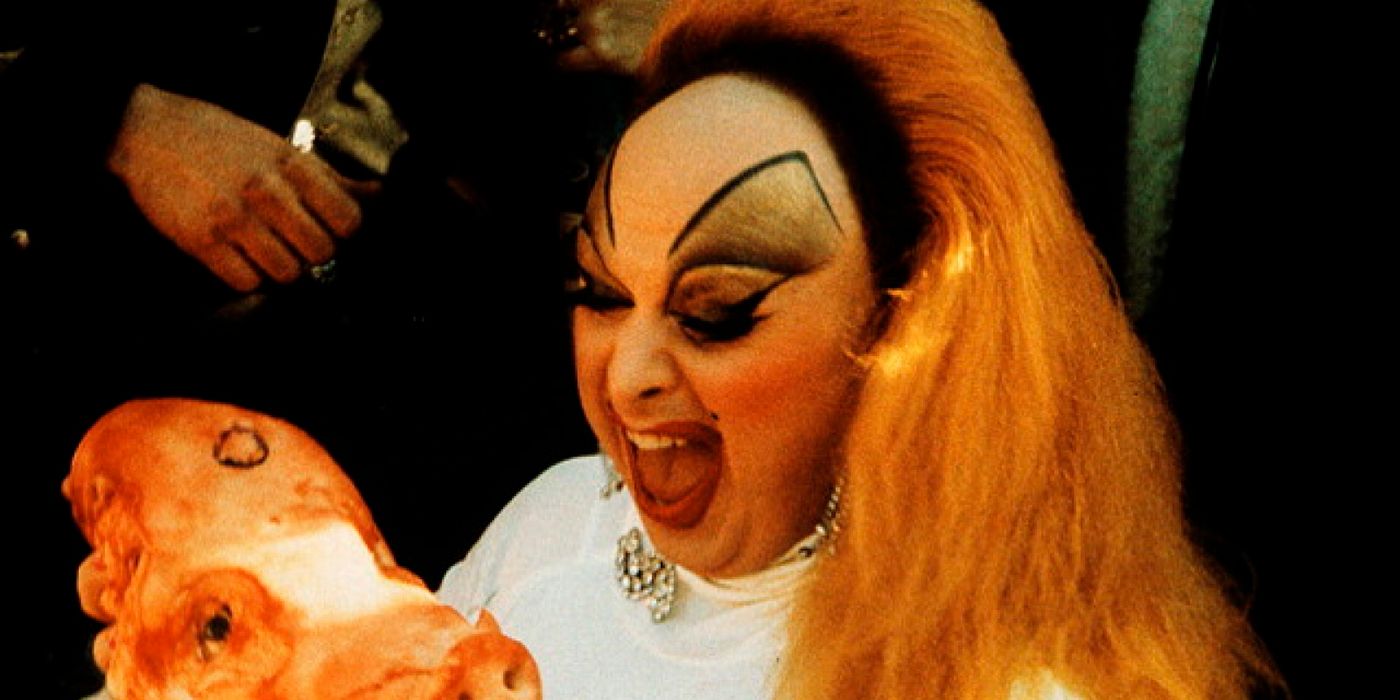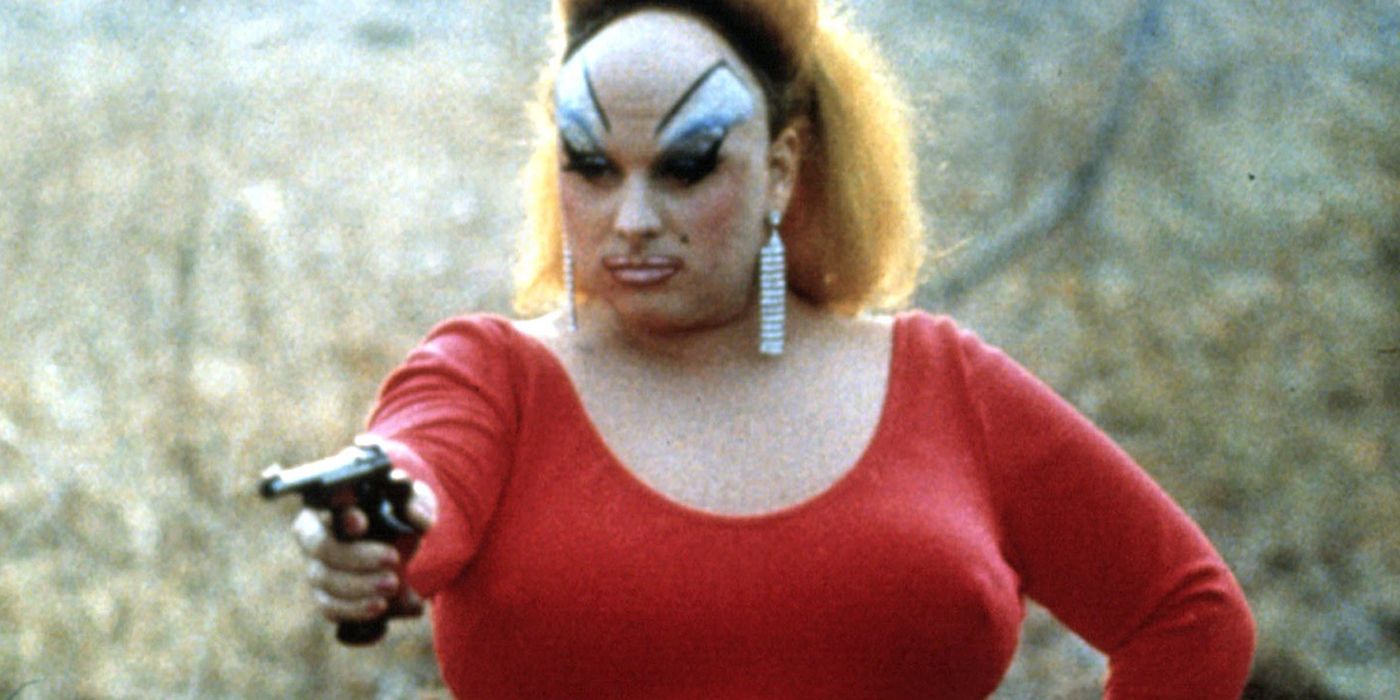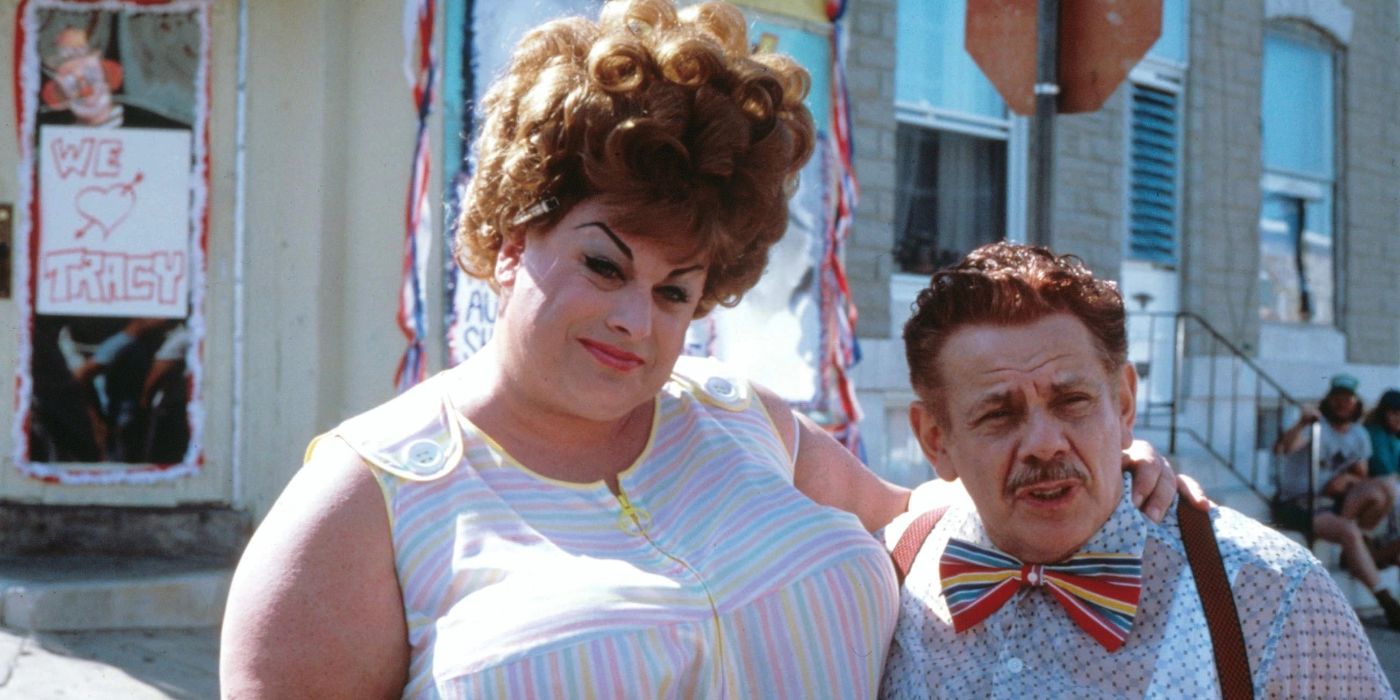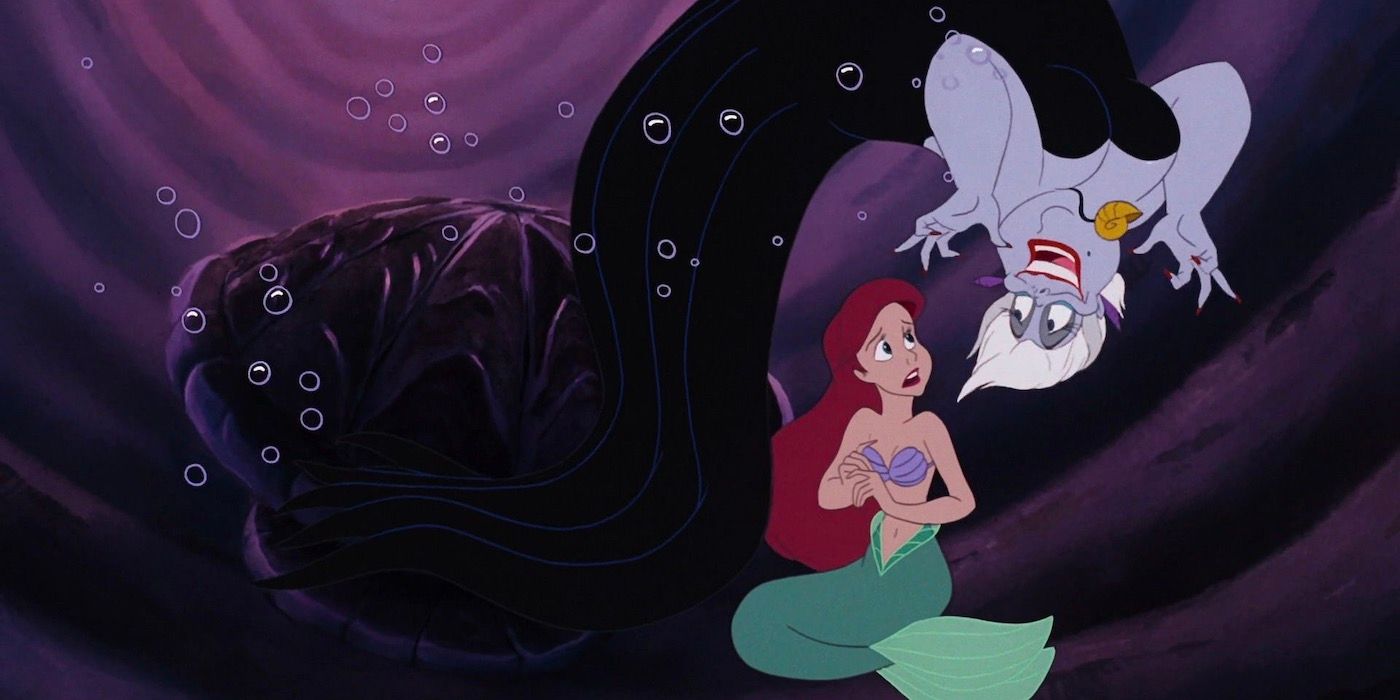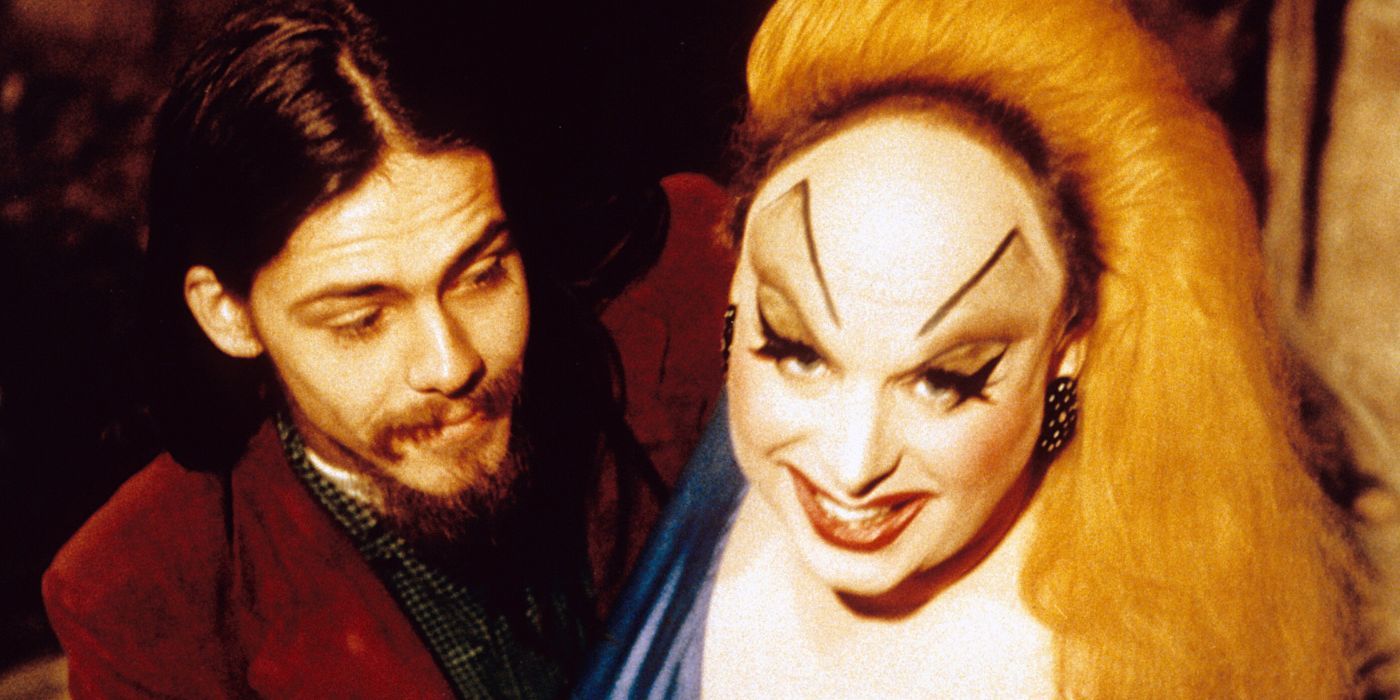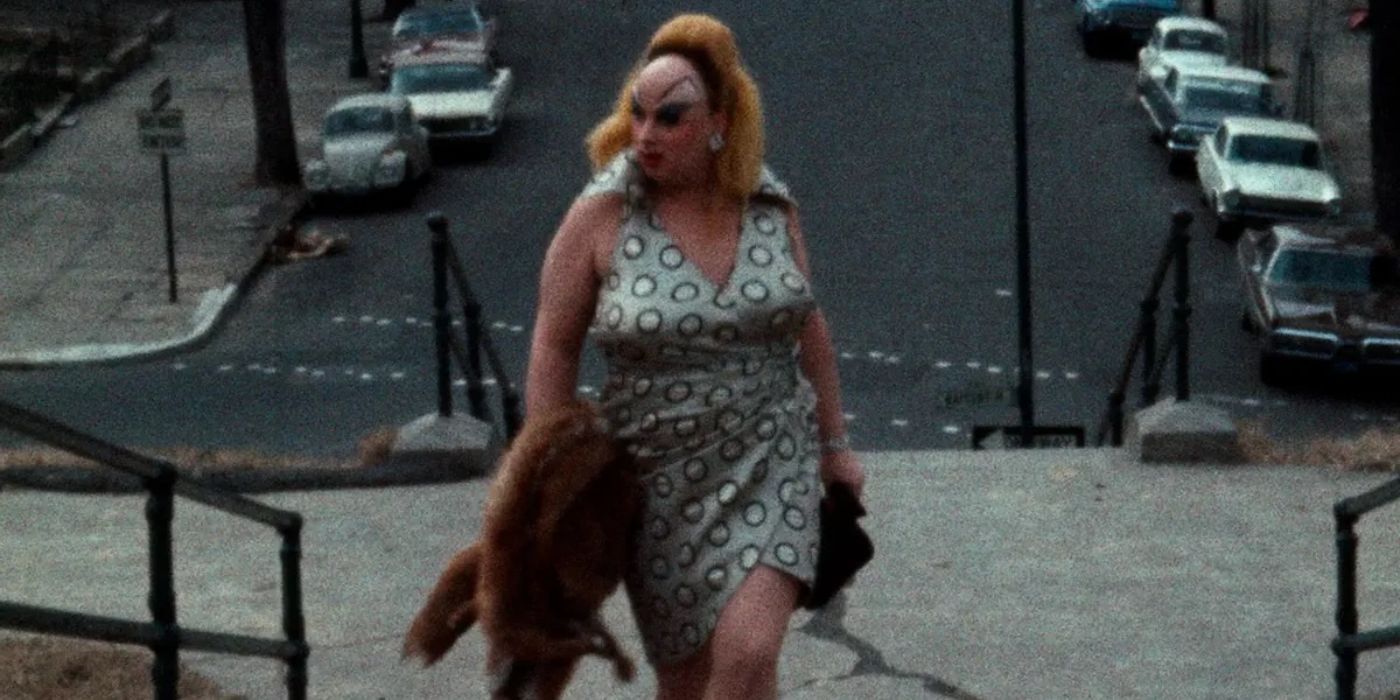
The Legendary Divine: A Trailblazer in Counterculture and Entertainment

Explore the life and impact of Divine, the iconic figure known for his work in film, music, and drag culture. From his collaborations with John Waters to his influence on popular culture, Divine's legacy continues to inspire and empower.
The Early Years and Collaborations with John Waters
Harris Glenn Milstead, known by his stage name Divine, was an American actor, drag queen, and singer best known for his role in Hairspray. He rose to fame through his work with independent filmmaker John Waters, performing primarily female roles in both cinematic and theatrical productions.
Edna Turnblad (Divine) smiling in Hairspray.
Divine's early interest in drag developed while working as a women's hairdresser, leading him to the countercultural scene of Baltimore where he met Waters. His portrayal of bold, often controversial characters, alongside his unique drag persona in his music career, made him an iconic figure in American counterculture. His career was still thriving when he passed away on March 7, 1988, at age 42.
Divine smiling and holding a pig's head in Pink Flamingos.
Divine's collaboration with John Waters began in the mid-1960s when he joined Waters' acting troupe, the Dreamlanders. He starred in Waters' experimental films such as Roman Candles (1966), Eat Your Makeup (1968), and The Diane Linkletter Story (1969). His breakthrough came with Waters' Pink Flamingos (1972), a cult classic that brought him fame in American counterculture. Divine continued to work with Waters, starring in films like Female Trouble (1974), Polyester (1981), and Hairspray (1988), the latter marking his entry into mainstream cinema and earning him a nomination for the Independent Spirit Award for Best Supporting Male.
Divine points a gun in Pink Flamingos.
Divine's Versatility and Impact
Divine, a prominent figure in Waters' cinematic universe, was originally considered for two Hairspray central roles: Tracy Turnblad and her mother, Edna. This unique casting idea highlighted Divine's versatile talent and the daring creativity of Waters' filmmaking. However, the film's distributor, New Line Cinema, was not in favor of this concept, leading to its eventual abandonment. Divine still portrayed Edna Turnblad in Hairspray, a role that became one of his most memorable performances. Additionally, Divine played Arvin Hodgepile, the racist TV station manager. This film, which was Divine's last to be released during his lifetime, showcased his ability to captivate audiences with diverse and challenging characters.
Edna (Divine) and Wilbur Turnblad (Jerry Stiller) hugging each othre in Hairspray.
Divine's influence extended far beyond the boundaries of cult cinema, leaving a lasting impression in the world of mainstream animation. His flamboyant and commanding presence inspired one of Disney's most iconic villains, Ursula the sea witch, in The Little Mermaid. Howard Ashman, the executive producer of the film and a native of Baltimore like Divine, was a great admirer of the drag queen's work. Ashman played a pivotal role in shaping Ursula's character, infusing Ursula with Divine's distinctive style and personality. This creative decision not only honored Divine's impact on popular culture but also brought a piece of his legacy to a new generation of audiences.
Ariel scared as Ursula swims around her in The Little Mermaid
The Iconic Persona and Legacy
Divine's striking appearance, a key element of his larger-than-life persona, was a deliberate and intricate creation by John Waters. Waters envisioned Divine as a fusion of the glamour of Jayne Mansfield, a 1950s Hollywood sex symbol, with the bizarre, exaggerated features of Clarabell the Clown, a character known from early American television. This unique blend was vividly showcased in the film Pink Flamingos, where Divine's exaggerated blonde bombshell look became iconic. The movie featured Divine with a dramatically receded hairline and bold, excessive eye makeup, a style that became synonymous with his public image. This distinct look cemented Divine's status as an avant-garde icon.
Raymond Marble looking at Divine in Pink Flamingos.
Divine's unique persona and influence transcended the realm of film and theater, capturing the attention of iconic artist Andy Warhol. Warhol, known for his fascination with celebrity culture and the avant-garde, found a muse in Divine. He created portraits of Divine, capturing the essence of his dramatic and flamboyant style. These artworks are a testament to Divine's impact on the contemporary art scene, showcasing how his distinct image and character resonated with leading artists of the time. Warhol's portrayal of Divine not only immortalized him in the pop art movement but also highlighted the intersection of drag culture with mainstream art, illustrating the influence of Divine's unconventional persona.
Divine walking up stairs in Pink Flamingos.
